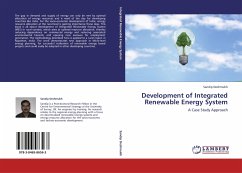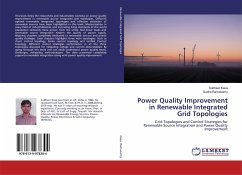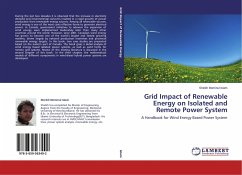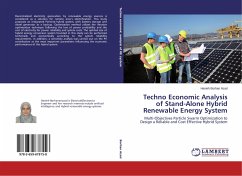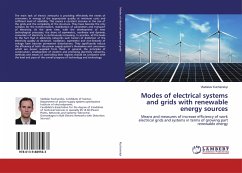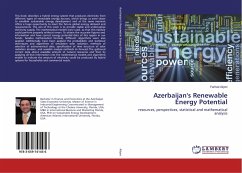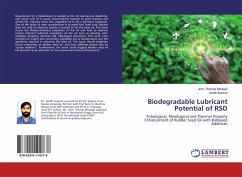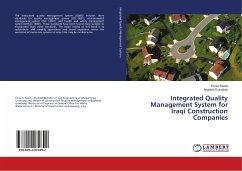The gap in demand and supply of energy can only be met by optimal allocation of energy resources and is need of the day for developing countries like India. For the socio-economic development of India, energy resource allocation at the rural level is gaining importance these days. This book is all about development of Integrated Renewable Energy System (IRES) in rural context, which aims at optimal resource allocation, thereby reducing dependence on commercial energy and reducing associated environmental hazards, and opening new avenues for employment generation. The methodology described here is applied to a rural region in Rajasthan, India. The work demonstrates new approach in Micro-level energy planning, for successful realization of renewable energy based projects and could easily be adopted in other developing countries.
Bitte wählen Sie Ihr Anliegen aus.
Rechnungen
Retourenschein anfordern
Bestellstatus
Storno

